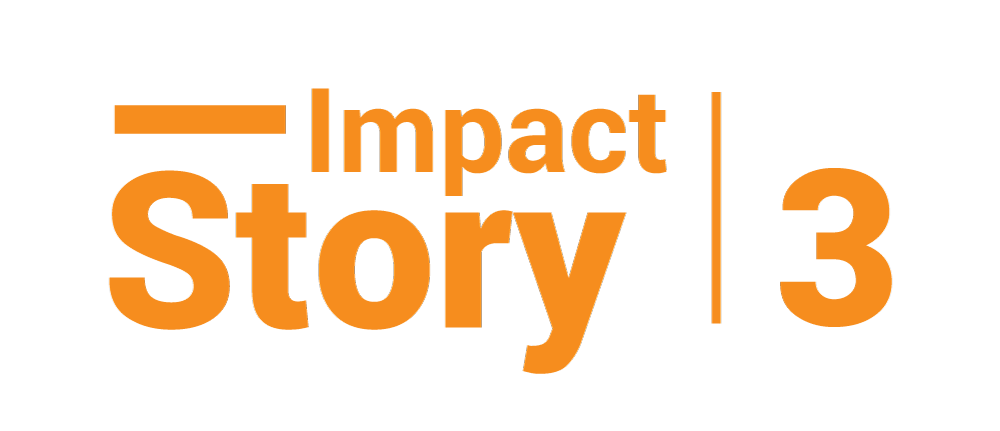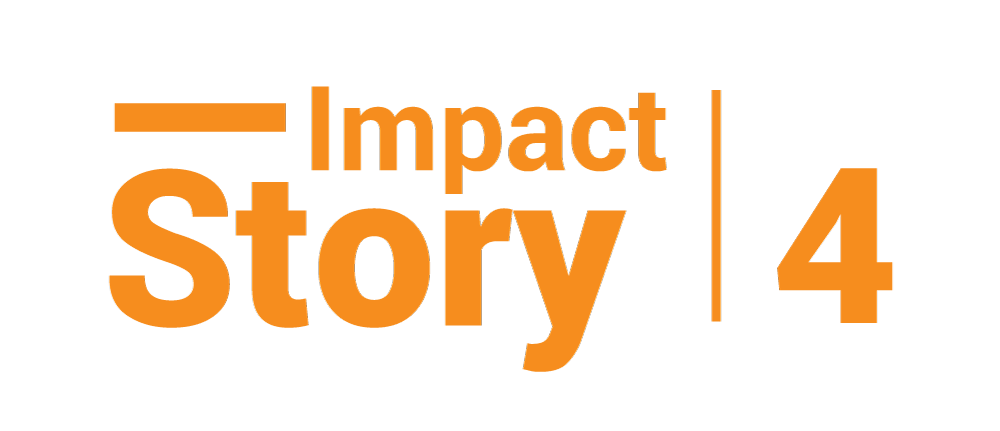Reduced spatial inequality and poverty in communities
across the urban-rural continuum
UN-Habitat helped cities and regions to identify advantages and potentials to improve connectivity and
sustainable urban development by supporting effective regional planning, data collection, spatial
productivity and equitable growth.
In 2020, UN-Habitat carried out 28 field projects, produced publications and organized seminars,
workshops and outreach activities designed to make cities more inclusive, well-connected and
prosperous. UN-Habitat provided advice on urban policy to Member States and sub-national authorities
in 13 countries across 3 regions to strengthen urban and rural links and drive economic growth and greater well-being.
Improved spatial connectivity and productivity of cities and regions
UN Habitat provided technical expertise to authorities to rethink urban spaces during the pandemic and
increase their long-term potential and prosperity. It supported governments to develop National Urban
Policy to promote urban to rural sustainable development and issues of migration, health, housing,
smart cities, public space and transportation.

A driver for inclusivity and prosperity in
cities: the Bolivia cities policy increase
Expanded deployment of frontier technologies and innovations for urban development
UN-Habitat worked with partners to promote innovative digital tools that improve urban planning and
management, accelerate sustainable development and create smarter and more inclusive cities to
improve well-being. UN-habitat also established two global innovation labs.

City for All: Increasing tenure security
and land-based municipal revenues
to upgrade informal settlements in
Afghan cities

